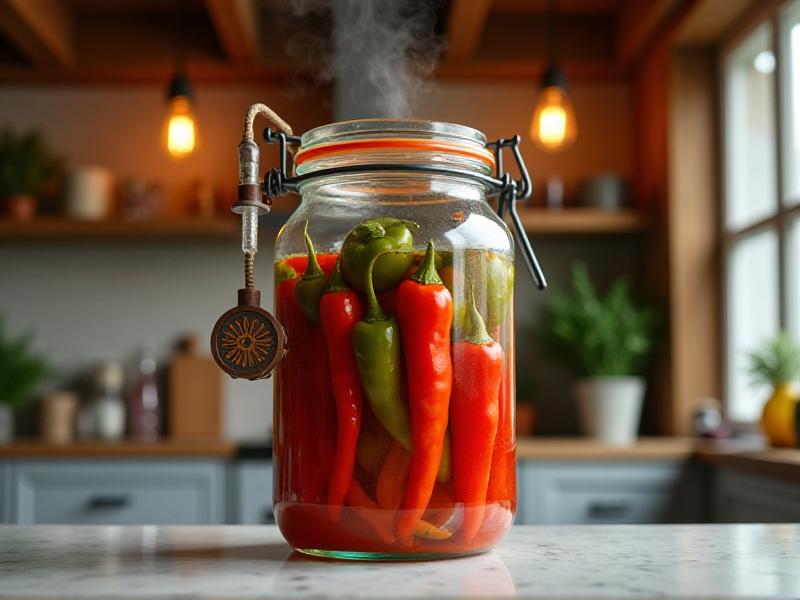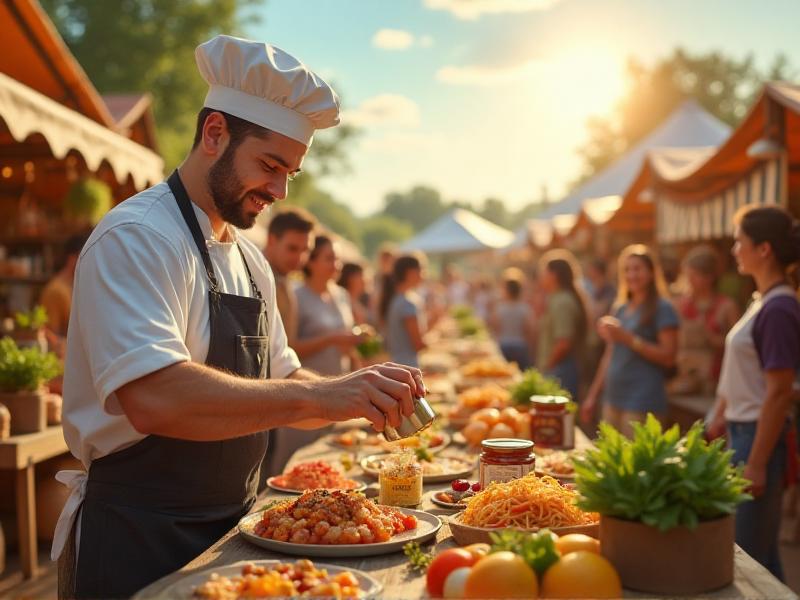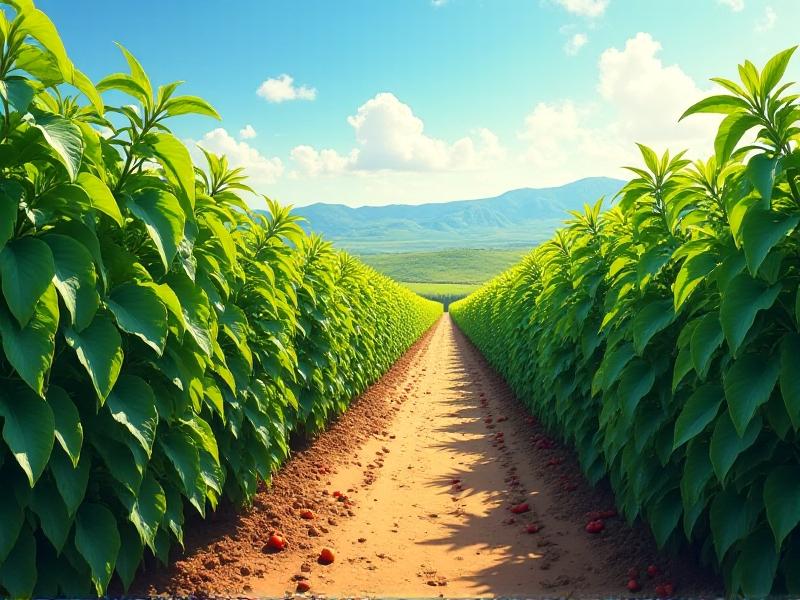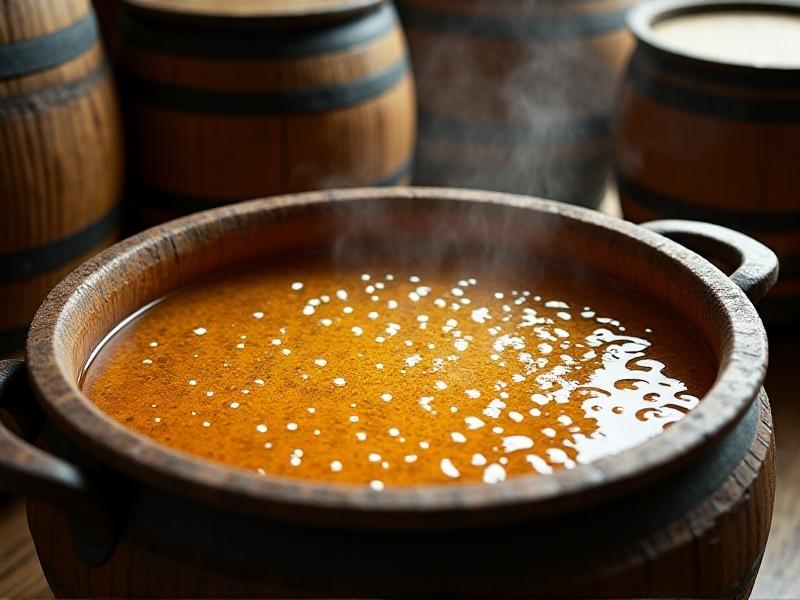Exclusive Heirloom Pepper Partnerships
The Rise of Exclusive Heirloom Pepper Partnerships
In recent years, the culinary world has witnessed a growing fascination with heirloom peppers. These unique varieties, often passed down through generations, are prized for their distinct flavors, vibrant colors, and rich histories. As chefs, food enthusiasts, and farmers alike seek to preserve and elevate these treasures, exclusive heirloom pepper partnerships have emerged as a powerful trend. These collaborations between growers, chefs, and brands are not only safeguarding biodiversity but also creating innovative culinary experiences. This article delves into the world of exclusive heirloom pepper partnerships, exploring their significance, benefits, and the stories behind them.
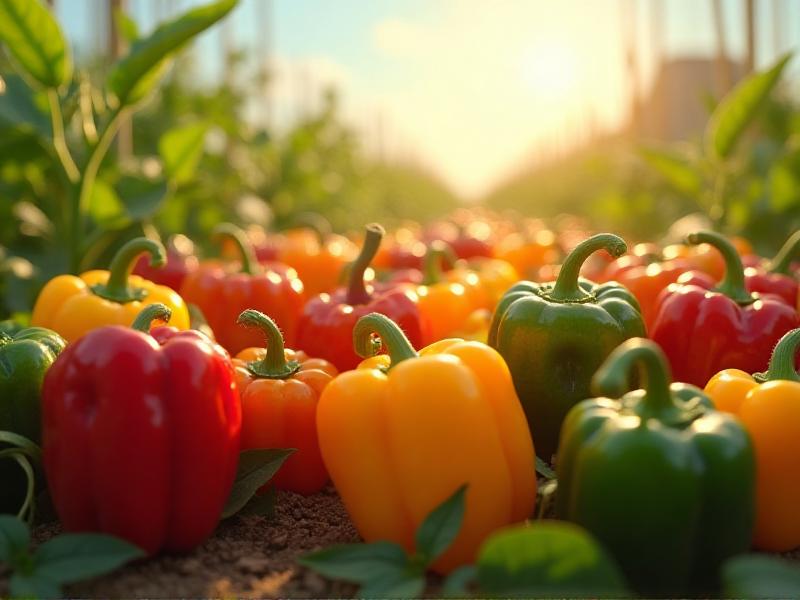
What Makes Heirloom Peppers Special?
Heirloom peppers are more than just a culinary ingredient; they are a testament to the agricultural heritage of communities around the world. Unlike hybrid varieties, heirloom peppers are open-pollinated, meaning they retain their unique characteristics when grown from saved seeds. This results in peppers with unparalleled flavors, ranging from sweet and fruity to intensely spicy. Their vibrant colors—deep purples, fiery reds, and sunny yellows—make them a feast for the eyes as well as the palate. By choosing heirloom peppers, consumers are not only enjoying exceptional taste but also supporting sustainable farming practices and the preservation of genetic diversity.
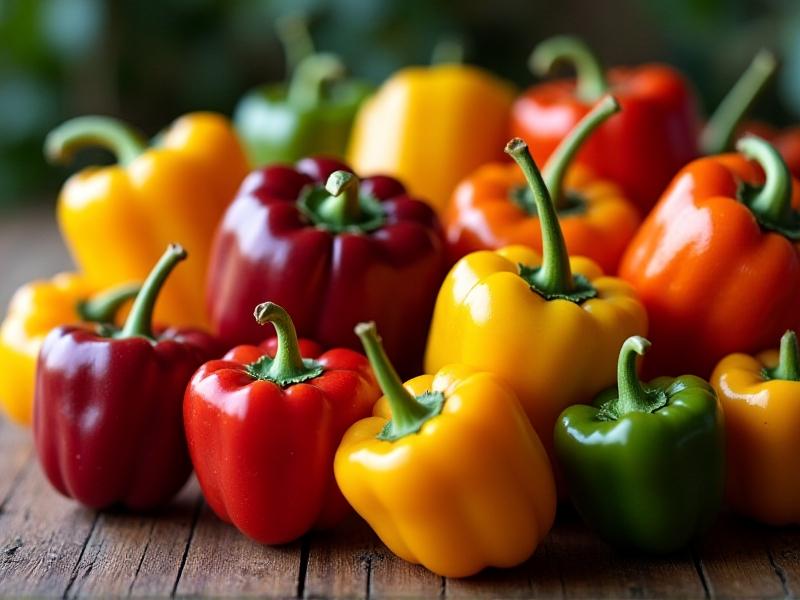
The Role of Partnerships in Preserving Heirloom Peppers
Exclusive partnerships play a crucial role in the preservation and promotion of heirloom peppers. These collaborations often involve small-scale farmers who cultivate rare pepper varieties and chefs or brands that bring these ingredients to the forefront of the culinary scene. By working together, they ensure that these peppers are not lost to time. Partnerships also provide farmers with fair compensation for their efforts, encouraging them to continue growing these labor-intensive crops. For chefs and brands, these collaborations offer a unique selling point, allowing them to create dishes and products that stand out in a competitive market.
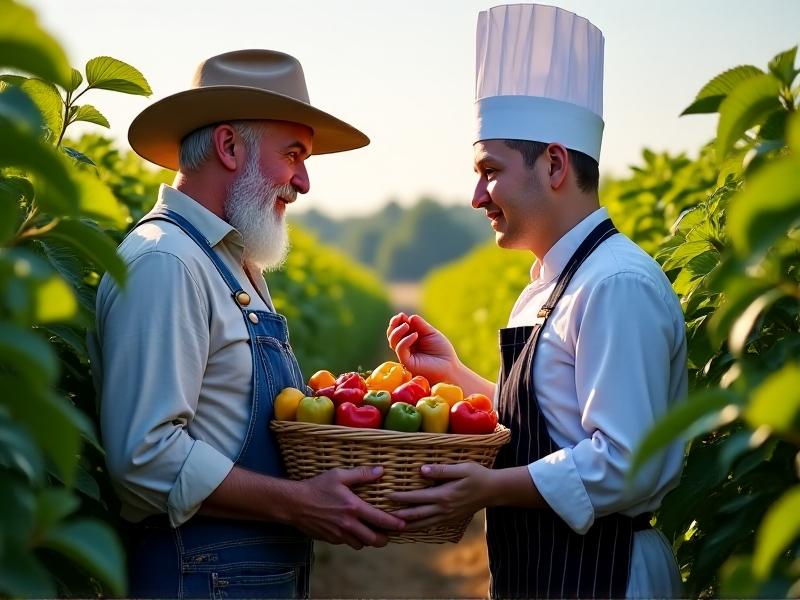
Success Stories: Notable Heirloom Pepper Collaborations
Several exclusive heirloom pepper partnerships have made waves in the culinary world. For instance, a renowned chef partnered with a family-owned farm in Mexico to introduce a rare, smoky heirloom pepper to high-end restaurants. Another success story involves a craft hot sauce brand that sources its peppers from small farms in the American South, creating a product that celebrates regional flavors. These collaborations not only highlight the versatility of heirloom peppers but also demonstrate how partnerships can create a win-win situation for all parties involved. By sharing these stories, we can inspire more individuals and businesses to explore the potential of heirloom peppers.
Challenges and Opportunities in Heirloom Pepper Partnerships
While exclusive heirloom pepper partnerships offer numerous benefits, they also come with challenges. One of the primary obstacles is the limited availability of these peppers, as they are often grown in small quantities. This can make it difficult for chefs and brands to secure a consistent supply. Additionally, the labor-intensive nature of growing heirloom peppers can drive up costs. However, these challenges also present opportunities for innovation. For example, some partnerships are exploring ways to scale production sustainably, while others are using storytelling to educate consumers about the value of heirloom varieties. By addressing these challenges, partnerships can continue to thrive and make a lasting impact.
How Consumers Can Support Heirloom Pepper Partnerships
Consumers play a vital role in the success of exclusive heirloom pepper partnerships. By choosing products made with heirloom peppers, they can support farmers and brands that prioritize sustainability and quality. Visiting farmers' markets, subscribing to farm-to-table services, and dining at restaurants that feature heirloom ingredients are all ways to contribute. Additionally, consumers can educate themselves about the stories behind these peppers, sharing their knowledge with others to raise awareness. Every purchase and conversation helps to ensure that heirloom peppers continue to thrive for generations to come.
The Future of Heirloom Pepper Partnerships
As the demand for unique and sustainable ingredients grows, the future of exclusive heirloom pepper partnerships looks promising. Innovations in farming techniques, such as vertical farming and organic practices, may help to increase the availability of these peppers without compromising their quality. Additionally, advancements in food technology could lead to new ways of preserving and utilizing heirloom varieties. By continuing to foster collaboration between farmers, chefs, and brands, these partnerships can create a lasting legacy that celebrates the diversity and richness of heirloom peppers. The journey is just beginning, and the possibilities are endless.

